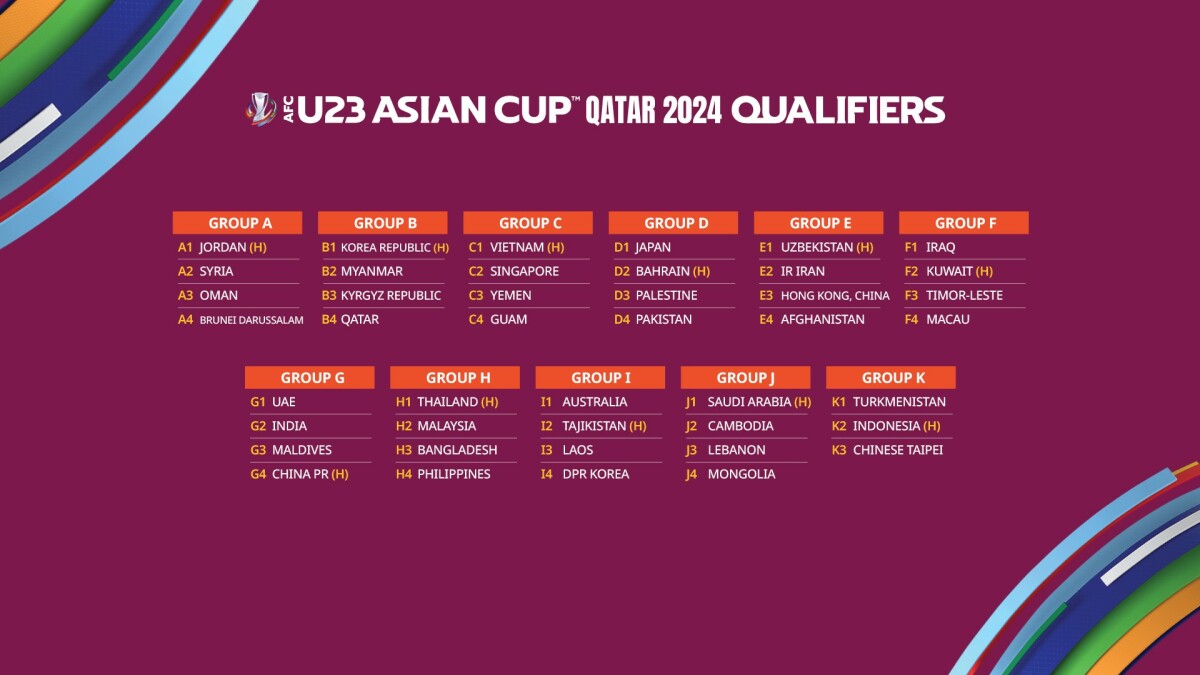
The Crucible of Champions: Unpacking the UCL Semifinal’s Drama, History, and Enduring Rankings
The UEFA Champions League, football’s most prestigious club competition, is a theatre of dreams, despair, and legendary moments. While the final captures global attention, it is often the semifinal stage that truly defines a team’s journey, tests their mettle, and etches unforgettable memories into the annals of football history. The two-legged format, the razor-thin margins, and the sheer stakes involved transform these encounters into a crucible where legends are forged, and dreams are shattered. This article delves into the unparalleled drama, the rich history, and the enduring rankings that define the UCL semifinal.
The Historical Canvas: Evolution of the Semifinal Stage
The journey of the Champions League semifinal begins long before its modern, glittering incarnation. Originating as the European Champion Clubs’ Cup in 1955, the competition initially featured fewer rounds, but the penultimate stage was always pivotal. Early semifinals were often battlegrounds between the continent’s dominant forces, such as Real Madrid, AC Milan, and Benfica, laying the groundwork for the tactical and physical intensity that would become its hallmark.
The rebranding to the UEFA Champions League in 1992 brought with it a significant transformation. The introduction of a group stage, followed by knockout rounds, amplified the competition’s prestige and financial allure. This new format meant that by the time teams reached the semifinals, they had already navigated a grueling path, often facing diverse tactical styles and playing in hostile environments. The stakes escalated dramatically; reaching the final meant not just a shot at the ultimate glory but also a massive financial windfall and a significant boost to a club’s global brand.
Historically, certain eras have been dominated by specific nations or clubs. The early years saw Spanish and Italian clubs frequently contesting the semifinals. The late 1990s and early 2000s witnessed a more diverse spread, with English clubs gradually rising to prominence, culminating in periods where the semifinals were almost exclusively populated by teams from the Premier League, La Liga, and the Bundesliga. This evolution reflects the changing landscape of European football, but the core essence of the semifinal – a high-pressure, high-stakes duel – has remained constant.
Unforgettable Drama: The Iconic Semifinal Encounters
The term "UCL semifinal drama" is almost redundant, as the two are intrinsically linked. These matches are not just about goals; they are about narrative arcs, psychological warfare, and moments that defy belief.
The Comeback Kings: Perhaps the most thrilling aspect of semifinal drama is the miraculous comeback. Teams trailing by significant margins, seemingly out of contention, have often found a way to overturn deficits, fueled by home support and an indomitable spirit.
- Liverpool vs. Barcelona (2019): Trailing 3-0 from the first leg, Liverpool, without key players Mohamed Salah and Roberto Firmino, produced arguably the greatest comeback in Champions League history. A rampant 4-0 victory at Anfield, capped by Divock Origi’s quick-thinking goal from a corner, sent shockwaves through the footballing world.
- AS Roma vs. Barcelona (2018): Just a year prior, Roma, having lost 4-1 at Camp Nou, mounted an incredible 3-0 comeback at the Stadio Olimpico to advance on away goals, showcasing the fragility of even seemingly insurmountable leads.
- Ajax vs. Bayern Munich (1995): A more classic example, Louis van Gaal’s young Ajax side drew 0-0 in Munich before tearing apart Bayern 5-2 in Amsterdam in the second leg, on their way to lifting the trophy.
Last-Minute Heroics and Penalty Shootouts: The tension often escalates to the final seconds or extends into the nerve-wracking realm of penalty shootouts.
- Chelsea vs. Barcelona (2012): Down to 10 men and trailing 2-1 on aggregate, Fernando Torres’s last-minute equalizer at Camp Nou sent Chelsea to the final, a moment of redemption for the striker and ecstasy for the Blues.
- Real Madrid vs. Bayern Munich (2012): After a captivating 3-3 aggregate scoreline, the semifinal was decided by a penalty shootout at the Bernabéu, with Bayern emerging victorious in a battle between two European giants.
- Manchester United vs. Juventus (1999): Trailing 2-0 in Turin in the second leg after a 1-1 draw at Old Trafford, Manchester United launched a stunning comeback, scoring three goals through Roy Keane, Dwight Yorke, and Andy Cole to win 3-2 (4-3 on aggregate) and progress to the final.
Intense Rivalries and Tactical Masterclasses: Semifinals also often pit bitter rivals against each other, or showcase the tactical genius of top managers.
- El Clásico Encounters: Any semifinal meeting between Real Madrid and Barcelona is guaranteed fireworks. The 2011 semi-final, with Lionel Messi’s stunning solo goal at the Bernabéu, remains a standout.
- Chelsea vs. Liverpool (2005, 2007, 2008): These English titans locked horns repeatedly in the mid-2000s, producing highly charged, often controversial, and always gripping contests defined by tactical battles between José Mourinho and Rafael Benítez.
- Guardiola vs. Mourinho/Klopp: Modern semifinals have been shaped by the strategic duels between Pep Guardiola, José Mourinho, and Jürgen Klopp, each employing distinct philosophies that clash spectacularly on the grandest stage.
These examples are but a few threads in the rich tapestry of semifinal drama. They underline the unpredictable nature of football at its highest level, where mental fortitude, a stroke of luck, or a moment of individual brilliance can tip the scales.
Ranking the Giants: Clubs, Players, and Performances
Measuring "greatness" in the UCL semifinal can be approached from several angles: raw statistics, consistent performance, and iconic moments.
Clubs with the Most Semifinal Appearances & Success:
Real Madrid stands head and shoulders above all others. Their history in the competition is unparalleled, and their record in the semifinals reflects this dominance.
- Real Madrid: With over 30 semifinal appearances (including European Cup era) and a remarkable conversion rate into finals and ultimately, titles, they are the undisputed kings. Their ability to consistently reach this stage and often prevail speaks to a deep-rooted winning mentality.
- Bayern Munich: Another perennial powerhouse, Bayern consistently features in the latter stages, known for their resilience and clinical efficiency. They are often Real Madrid’s fiercest rivals at this stage.
- Barcelona: While their recent record has seen some dramatic exits, Barcelona has a rich history of semifinal appearances, particularly during the Messi era, often defined by their intricate tiki-taka football.
- AC Milan: A historical giant, Milan’s strong legacy from the European Cup era ensures their high ranking, though their appearances have been less frequent in recent decades.
- Liverpool & Manchester United: Both English clubs have experienced periods of significant success, often meeting each other or other European heavyweights in intense semifinals.
- Juventus: Italy’s most successful club has also consistently reached the semifinals, known for their tactical discipline and defensive solidity.
Beyond these traditional giants, clubs like Ajax (especially their golden generations), Borussia Dortmund, Chelsea, and Atlético Madrid have also made significant impacts, sometimes as underdogs, adding diversity to the semifinal landscape.
Players Who Dominate the Semifinal Stage:
Individual brilliance often shines brightest under the immense pressure of a semifinal.
- Cristiano Ronaldo & Lionel Messi: These two titans of modern football have utterly dominated semifinal goal-scoring charts and appearances. Their ability to deliver crucial goals and assists, often single-handedly turning the tide, is legendary. Ronaldo’s hat-tricks against Atlético Madrid (2017) and Messi’s mesmerising run against Real Madrid (2011) are prime examples.
- Karim Benzema & Robert Lewandowski: Both prolific strikers, they have consistently delivered goals in semifinals for their respective clubs, proving to be reliable forces in critical moments.
- Toni Kroos & Luka Modric: The midfield maestros of Real Madrid, their consistent control, vision, and ability to dictate tempo have been crucial in Real’s numerous semifinal triumphs.
- Sergio Ramos: A defensive colossus and a leader, Ramos’s presence, goal-scoring ability from set-pieces, and sheer will to win have been vital for Real Madrid.
- Iker Casillas & Gianluigi Buffon: Legendary goalkeepers, their crucial saves in high-pressure penalty shootouts or one-on-one situations have been decisive in many semifinal outcomes.
- Xavi & Andrés Iniesta: The architects of Barcelona’s tiki-taka, their intricate passing and ability to control the midfield were instrumental in Barcelona’s era of dominance.
These players, through their consistent excellence and ability to perform under the most intense scrutiny, have shaped the narrative of countless semifinals. Their rankings are not just based on statistics but on the indelible mark they’ve left on the competition’s most demanding stage.
The Enduring Legacy and Future of Semifinal Drama
The UCL semifinals are more than just football matches; they are cultural events that captivate millions. They generate folklore, fuel debates for generations, and define the legacies of clubs and players. The emotional rollercoaster experienced by fans – from the agony of conceding a late goal to the ecstasy of a dramatic comeback – creates an unparalleled bond between supporters and their teams.
Financially, reaching the semifinal is a massive boon, providing significant prize money, increased sponsorship opportunities, and enhanced global visibility. For players, a standout performance in a semifinal can elevate their status from star to legend, immortalizing their names in the minds of fans.
Looking ahead, the drama of the UCL semifinal is unlikely to diminish. With the increasing financial disparities in European football, there’s a risk of certain clubs dominating more consistently, but the nature of the two-legged knockout format inherently fosters unpredictability. VAR, while sometimes controversial, adds another layer of tension, scrutinizing every decision. As new generations of players emerge and tactical innovations continue, the semifinal will remain the ultimate proving ground before the grandest stage.
In conclusion, the UEFA Champions League semifinal is a unique and irreplaceable component of club football. It is where history is written in real-time, where drama unfolds in its most raw and exhilarating form, and where the true rankings of Europe’s elite are constantly being redefined. It’s the crucible that purifies contenders into champions, and for fans, it’s the ultimate spectacle of courage, skill, and an unwavering will to win. As the competition evolves, one thing remains certain: the semifinal will forever be the heart of the Champions League’s most captivating narratives.



